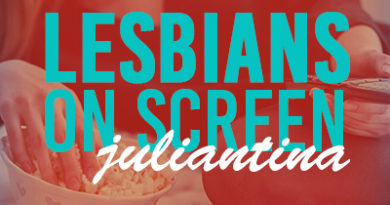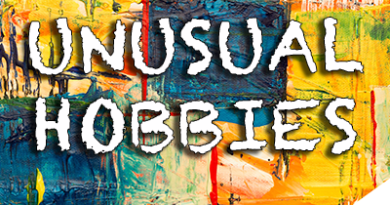Marketing To A Mainstream Audience
Catherine M Wilson has spent the last few years mastering the art of marketing to a mainstream audience. She discusses her marketing system as well as what does and does not work. She talks about creating a marketing system and about how readers react to the fact that her work is lesbian.
Listen to this episode here
About Catherine M Wilson
Catherine M Wilson is the author and publisher of When Women Were Warriors a trilogy of books about the hero’s journey.
She has an interesting and unique journey to share with listeners as she talks about how the trilogy got written. Her journey into indie publishing before it was as popular as it is today and why she markets to mainstream readers rather than concentrating on lesbians alone.
She spent ten years writing her novels and now she treats them like a business and manages to sell copies of her books every month as a result.
She is so successful at this that she was even asked to do a presentation on Marketing to the Mainstream at the Golden Crown conference in Portland in 2014. She says, “Oddly enough, I had much better luck with mainstream readers at first than with lesbians. It used to be that if you said you were marketing to a mainstream audience, lesbians thought that meant you were “toning down” the lesbian parts—fading to black on the sex scenes, or maybe making a straight character the protagonist. I had to emphasize that I was writing Full Frontal Lesbian before I could get lesbians to read my trilogy.”
An interesting woman and a fascinating interview.
Catherine M Wilson says, “I published my trilogy in 2008, I hit the leading edge of the eBook revolution. In 2008 I had the choice of trying to find an agent to go the traditional route (I did try, but a 1000-page book by a nobody is a very hard sell), publishing with a lesbian niche publisher, or publishing myself. The lesbian publishers were publishing romance almost exclusively at the time, and my book does not fall into the romance genre, so I decided to publish myself and market to mainstream readers.
“I made that decision for two reasons: I told a universal story that happens to have lesbians in it, but more importantly, I wanted the story to reach young people of all sexual orientations. You don’t read lesfic until you realize you’re a lesbian, and young people who are questioning their sexual orientation (and/or gender identity) need to find stories they can identify with. Before they read lesfic, they read mainstream, and those are the folks I wanted the books to find. I also wanted them to find the straight but not narrow kids, because they’re curious about gay people, and if not religiously homophobic, very open to hearing our stories.
“I have been trying to encourage LGBT authors to market to mainstream readers more aggressively. Now that the Supremes have agreed that we are actual human beings with hearts that love, straight people are becoming more curious about than threatened by gay stories. Of course you will get homophobic reviews, but you will also get reviews like this: I wasn’t all that comfortable with the lesbian sex moments at first, but saw how the depth of the relationships was the focus.
“It’s time for us to challenge mainstream readers to discover what our lives are like, what they have been like in the past, and to realize that we live as they live, we love as they love, and we dream as they dream.”
About The Host
Sheena is fascinated with the business of books. In this series she interviews authors, publishers and other experts to gain the best advice for authors.

